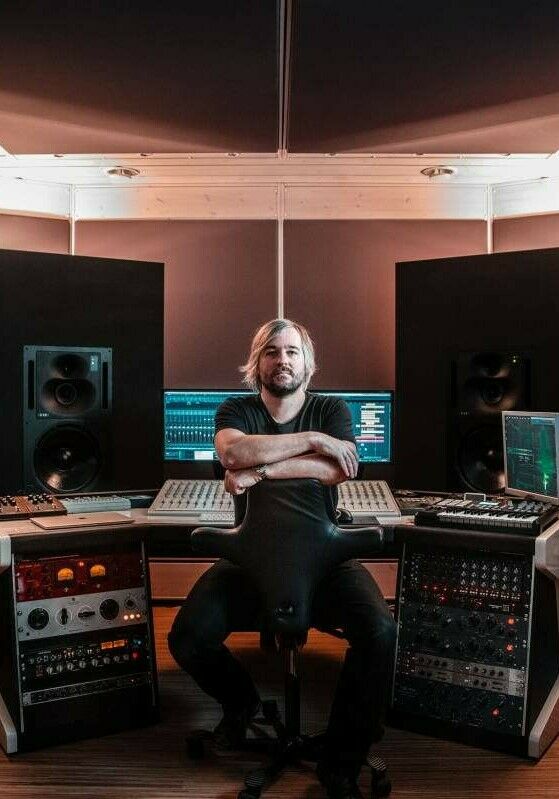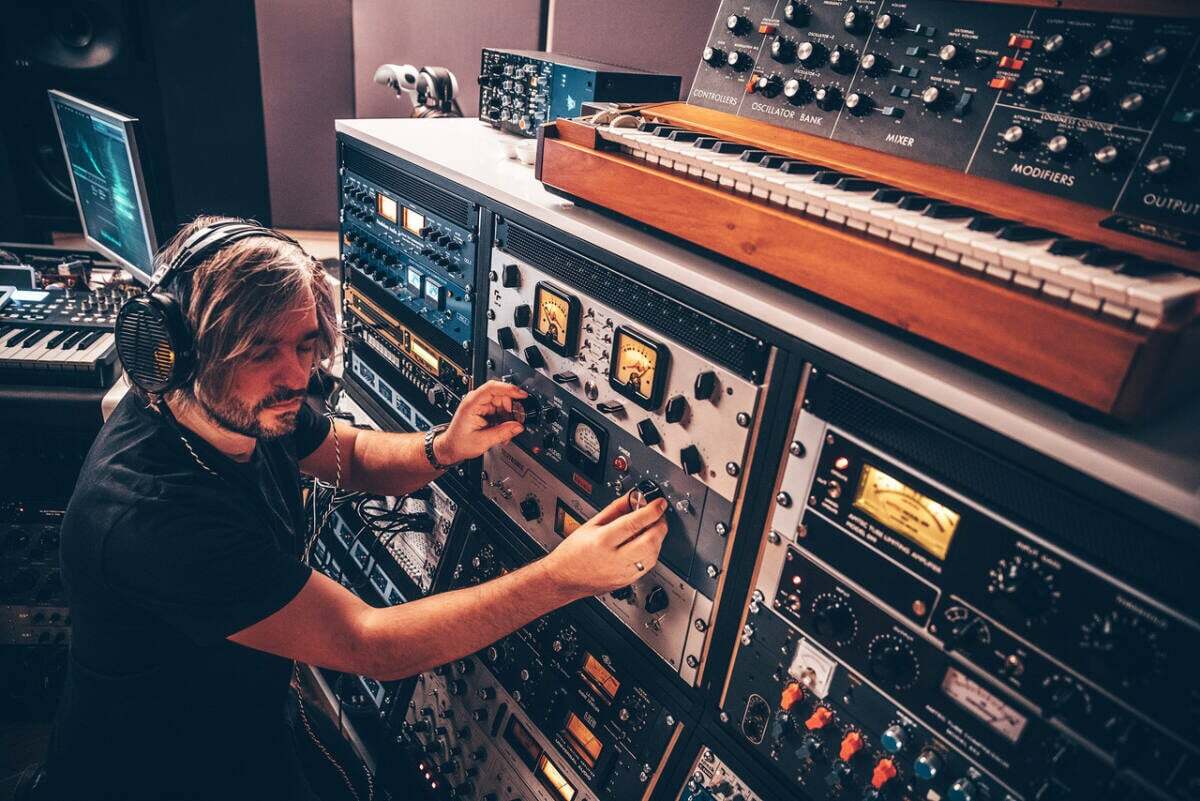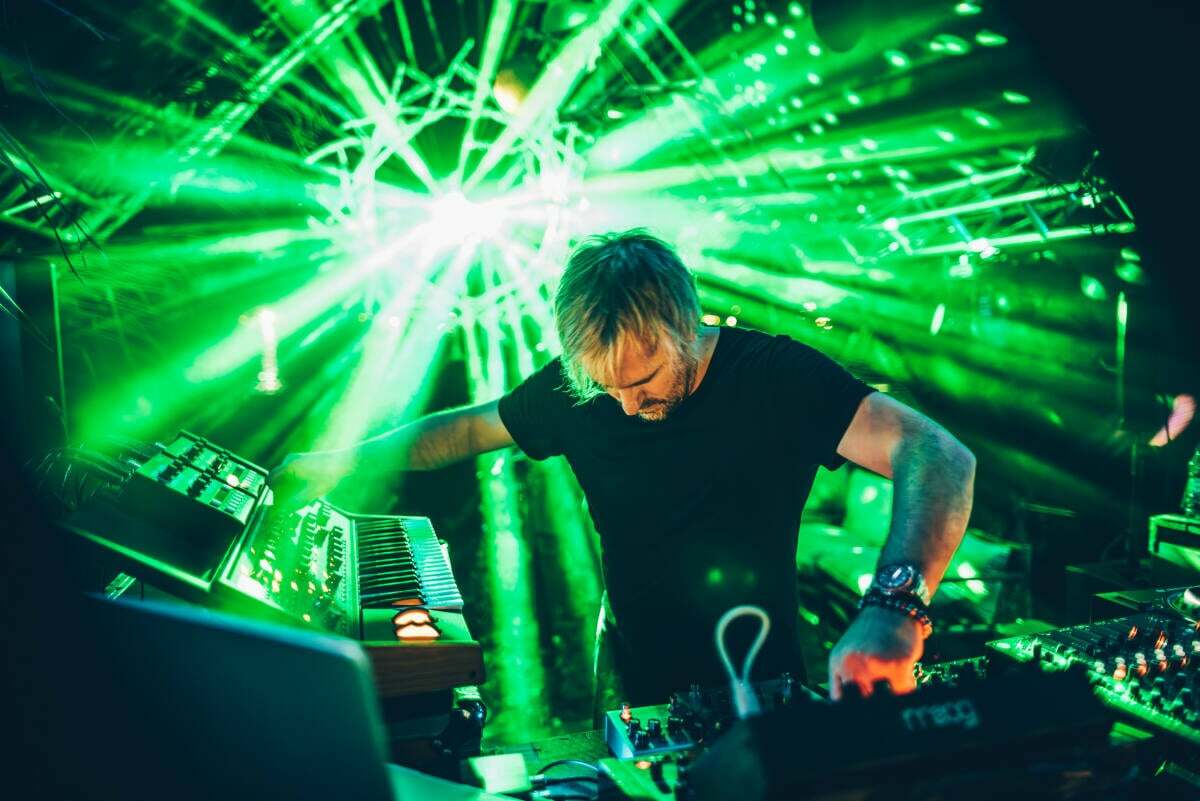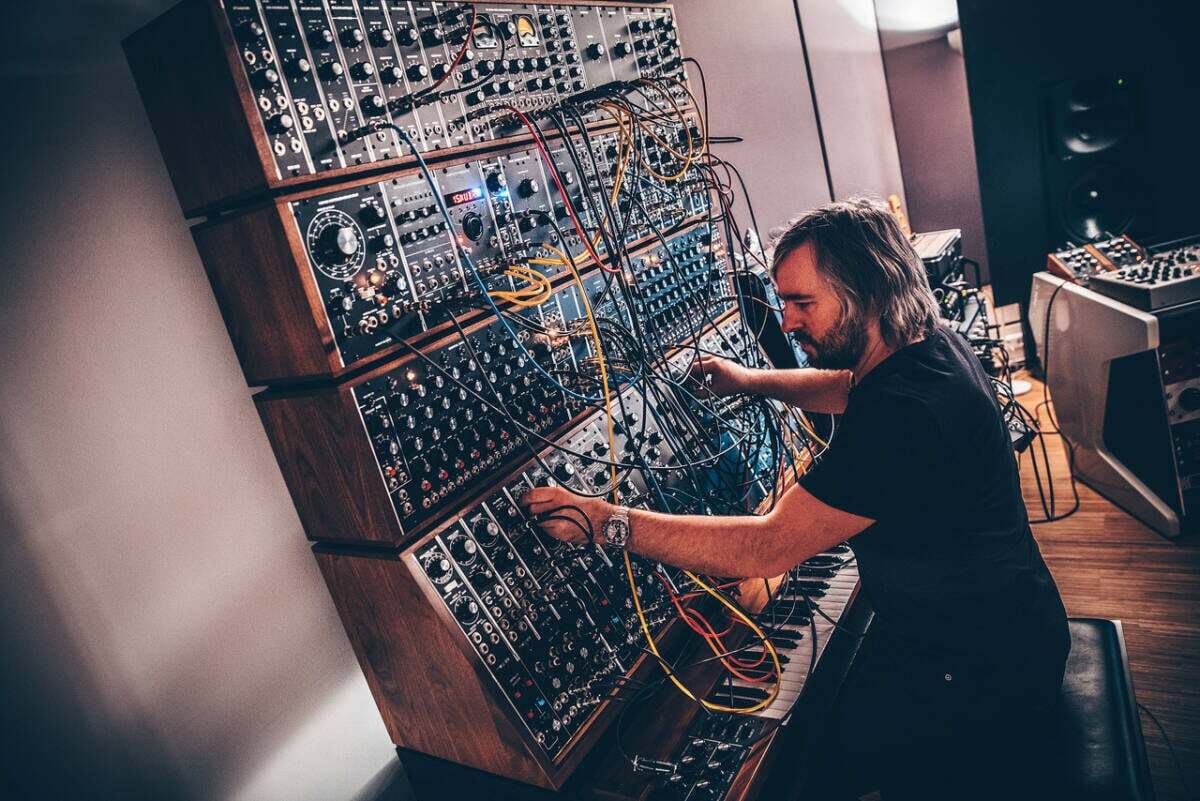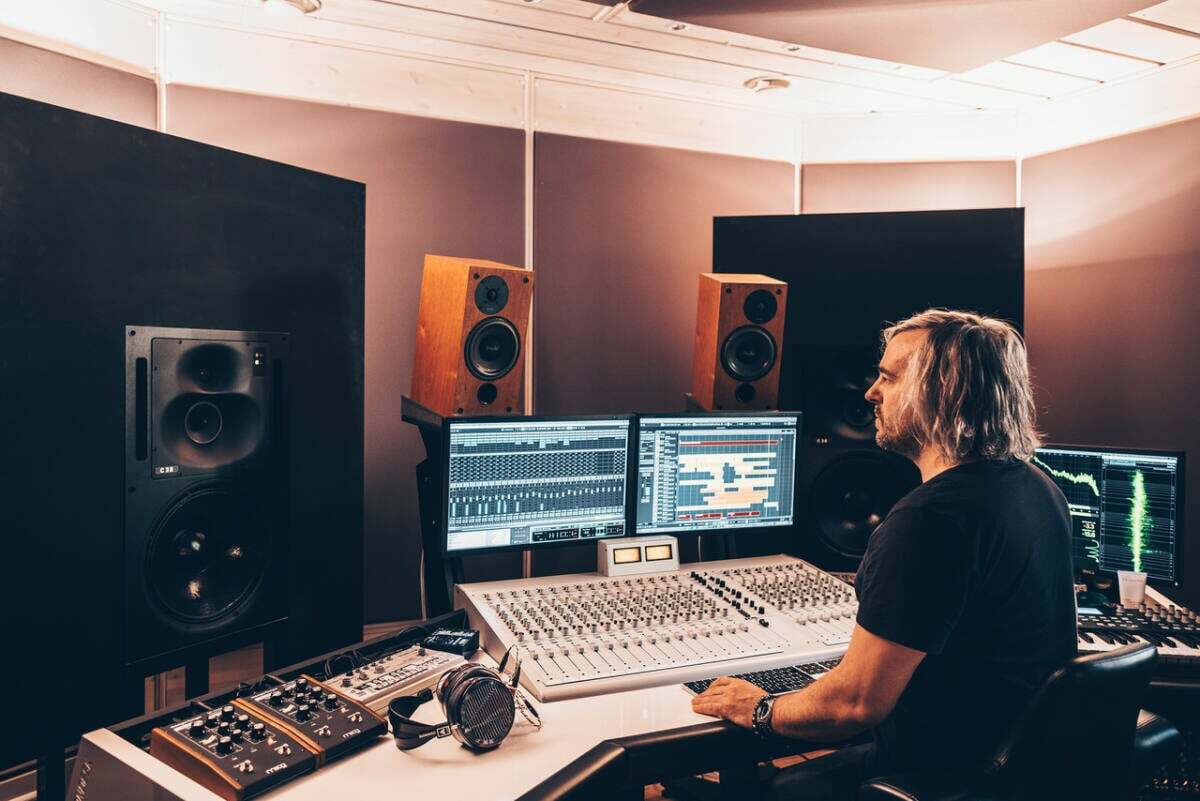Mixing engineer, music producer and electronic music live act, Hannes Bieger explains how his most popular track, A Million Souls, came to him in a dream, why being fed up with the status quo with dance labels led him to create his own, and how new track, Black Hole went viral before he even released it.
Having put the finishing touches onto brand new single, Black Hole, mixing engineer, music producer and electronic music live act, Hannes Bieger ponders the question: how does he know when a track is truly finished?
“That's a very good question,” he muses from his (sort of) home studio in Berlin. “You could call it a home studio, because I feel at home here and I spend a lot of hours here every week, but it's a separate place,” he explains, gesturing around the room. “It's not in my house. I figured at some point that I spent more time every day in my studio than in my own bed,” he laughs.
Back to knowing when a song is complete: “It’s a great topic to talk about because basically, you don't know! But, I have to paraphrase Picasso here, who's one of my favourite painters. He was asked the same question once about how he knew when a painting was finished, and he basically said something along the lines of, ‘The painting is never finished. It's all about your decision as a painter to put the brush away.’
"I really like that, because you can always record one bit more, or do one tweak more, or try to refine that EQ setting a little bit better. It all has to do with experience; knowing when enough is enough.”
